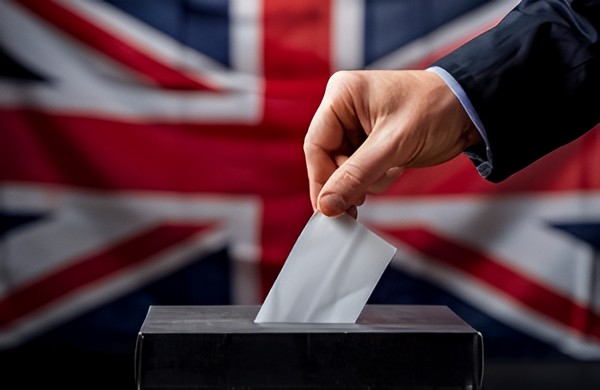The government of the United Kingdom has announced changes to the Electoral Act, lowering the voting age to 16 for all elections.
This reform, the most significant since 1969, is expected to empower around 1.5 million teenagers to have their say in shaping the nation’s future, according to the government.
The UK voting age reform now means 16- and 17-year-olds are constitutionally allowed to vote during elections.
The Labour government, fulfilling a manifesto pledge, argued that if young people can work, pay taxes, and even serve in the military, they deserve a voice in the policies that affect them.
UK’s Prime Minister Keir Starmer said lowering the voting age to 16 across the UK will give young people a chance to have their say in the leaders ruling the nation.
He said: “I think it’s really important that 16 and 17-year-olds have the vote, because they are old enough to go out to work, they are old enough to pay taxes, so pay in.
“And I think if you pay in, you should have the opportunity to say what you want your money spent on, which way the government should go.”
Also, Deputy Prime Minister Angela Rayner said on X that: “Young people already contribute to society by working, paying taxes, and serving in the military. It’s only right that they can have a say on the issues that affect them.”
Aside from lowering the voting age to 16, the UK voting reform also put other policies in place to tackle low voter turnout, 59.7% in 2024, the lowest in over two decades, by introducing measures like automated voter registration, inspired by systems in Australia and Canada.
The government also announced the expansion of acceptable voter IDs to include bank cards and digital formats like driving licenses.
Aside from that, the UK’s Electoral Commission is getting a power boost, with the authority to impose fines of up to £500,000 on those breaching political finance rules.





